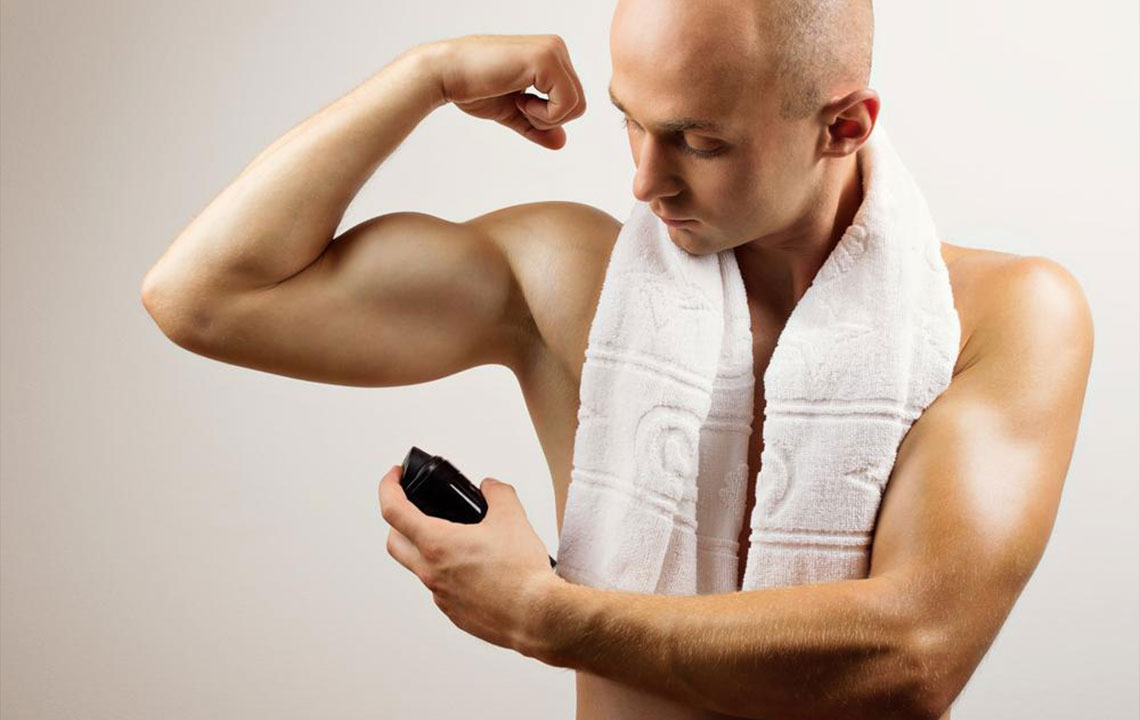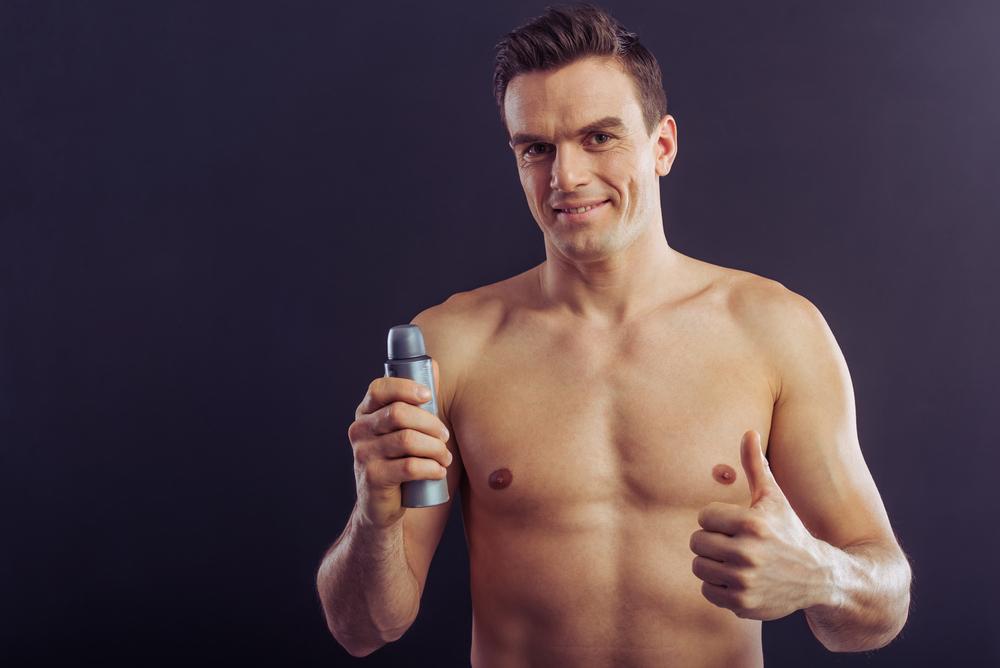Comprehensive Guide to Understanding and Managing Body Odor: Causes, Prevention, and Hygiene Tips
This comprehensive guide explores the causes of body odor, emphasizing the role of bacteria, and offers practical tips on hygiene, product use, lifestyle adjustments, and medical advice. Learn how to effectively prevent and control body odors to boost confidence and social comfort.

Body odor is a common concern that can affect personal confidence and social interactions. While many associate body odor with sweat itself, the root cause lies in the interaction between perspiration and bacteria on the skin. Sweat by itself is generally odorless, as it consists mainly of water and salts. However, when sweat mixes with bacteria thriving in warm, moist areas of the body, such as the underarms, groin, or thighs, it produces unpleasant odors that can be difficult to manage. Understanding the underlying causes and adopting effective hygiene practices are essential steps towards controlling and preventing body odor.
In the human body, sweat is produced by sweat glands, primarily the eccrine and apocrine glands. Eccrine glands are distributed across most of the body and produce a watery, odorless sweat to regulate temperature. Apocrine glands, concentrated in areas like the armpits and groin, secrete a thicker, milkier substance that is rich in proteins and fats, providing a fertile environment for bacteria. When bacteria feed on these substances, they produce volatile compounds responsible for the characteristic body odor.
A common misconception is that sweat itself smells bad. In reality, the bacteria present on our skin play a critical role in odor formation. Conditions that increase sweating, such as hot weather, physical activity, or certain medical conditions, can lead to heightened bacterial activity and, consequently, stronger odors.
To effectively manage and reduce body odor, maintaining meticulous personal hygiene is key. Regular bathing helps remove sweat, oils, and bacteria from the skin. When bathing, use a gentle, pH-balanced soap that can effectively cleanse without irritating the skin. Make sure to cleanse all parts of the body thoroughly, paying special attention to areas prone to moisture and bacterial proliferation like the underarms, groin, and feet. After washing, dry your skin completely, as residual moisture creates an ideal environment for bacteria and fungi to thrive.
Besides proper hygiene, choosing the right products can significantly impact body odor control. Deodorants are formulated to mask and neutralize odors caused by bacteria, offering an immediate sense of freshness. On the other hand, antiperspirants contain ingredients like aluminum compounds that temporarily block sweat glands, reducing the amount of sweat produced. For people experiencing excessive sweating, known as hyperhidrosis, medical treatments or stronger antiperspirants might be necessary.
Fashioning a well-rounded approach also includes lifestyle practices. Wearing breathable clothing made of natural fibers like cotton allows air circulation, decreasing moisture buildup. Regularly washing clothes, especially workout attire and undergarments, prevents bacterial accumulation. Additionally, maintaining a balanced diet and staying well-hydrated can influence how your body produces sweat and odors. Avoiding certain foods such as spicy dishes, garlic, and onions can reduce the pungency of body odors.
For individuals struggling with persistent or severe body odor despite good hygiene, consulting healthcare professionals is advisable. Underlying medical conditions such as hormonal imbalances, infections, or metabolic disorders may contribute to abnormal body odor and require targeted treatment. In some cases, prescriptions or advanced therapies might be recommended to help manage the issue effectively.
In summary, controlling body odor involves a combination of proper hygiene, product selection, lifestyle modifications, and medical consultation when necessary. Keeping the skin clean, dry, and well-maintained is the most effective way to combat bacterial activity responsible for unpleasant smells. By adopting these practices, individuals can confidently manage body odor, improve personal hygiene, and enhance their overall well-being.





